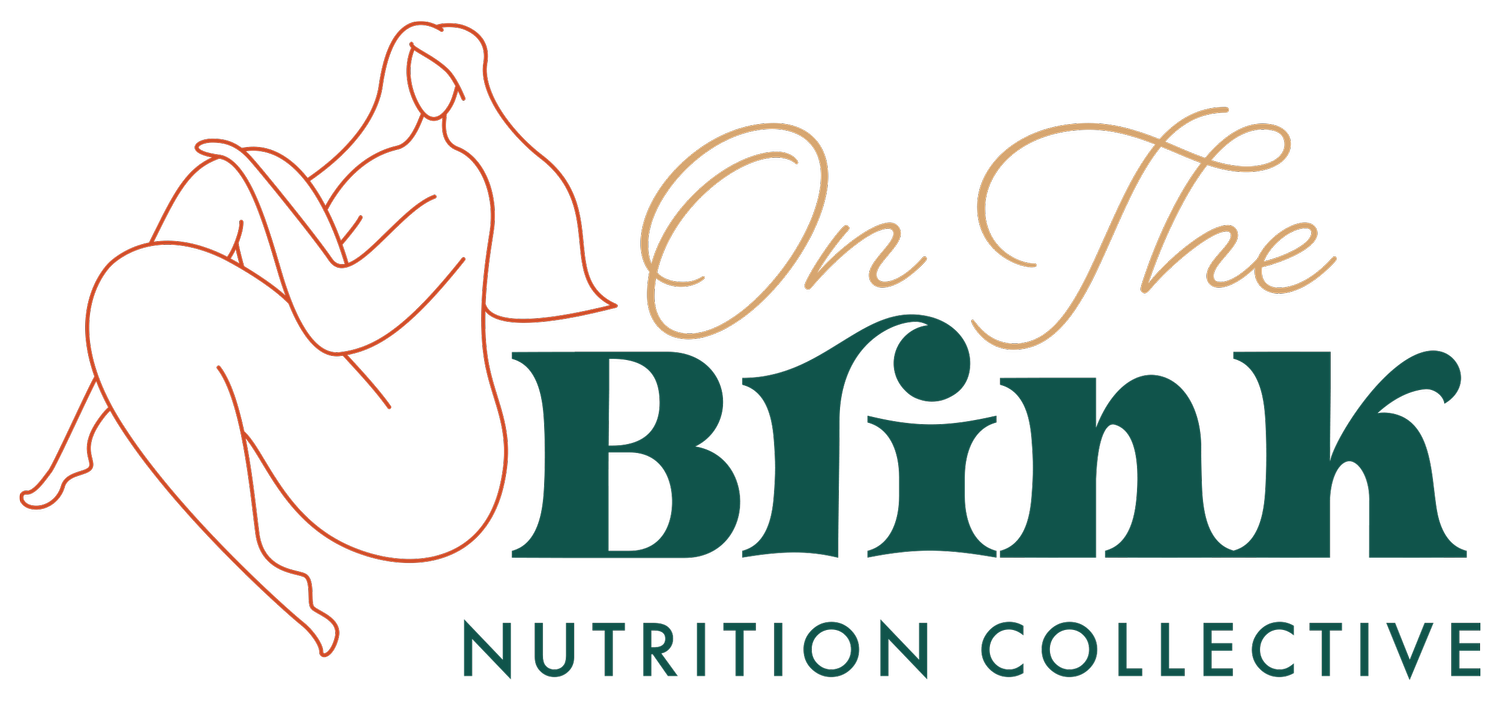Self-Compassion: Common Humanity Versus Isolation
Written with the assistance of guest blogger: Samantha Toffoli, (@inclusive_dietitian on instagram)
Some people might think that granting compassion to themselves means having an attitude of self-pity. To clarify, self-compassion is not “poor me.” On the contrary, self-compassion recognizes the common humanity of The Human Experience. Rather than “poor me,” it more like “this is hard for all of us.” This shift in perspective helps us to have a more connected way of relating to our own suffering and the suffering of others.
My mom is notorious for picking the slowest line at the grocery store checkout. As a child, I learned each time we went to the store, I would have at least five to ten minutes to sift through the checkout stand magazines and other goodies. I vividly remember opening up a US Weekly magazine and looking at the section titled, “Stars, they’re just like us!” I always found it comical that the magazine would choose to highlight the most mundane tasks, such as paying for parking at the meter or picking up coffee on a Sunday morning. In these pages, I learned that just like these celebrities, there are things we all do in life that we have in common.
Common humanity is a tenet of self-compassion that helps us remember that all human beings share similar lived experiences.
Dr. Kristin Neff and Dr. Christopher Germer state that life entails suffering, and there are no exceptions to who suffers and who doesn’t. We may believe that we are the only person who experiences the things we do. This can make us feel disconnected from others. In fact, isolation is the opposite of common humanity. Isolation has us believing that no one else could relate to our difficult experiences. While we may differ individually in the circumstances we find ourselves in and emotions we feel and sensations we have, there is comfort in knowing that fundamentally, the experience of being human involves a degree of suffering.
Cultivating a sense and spirit of community is a way we can begin to see our common humanity in action.
We can find areas where we relate and even areas where we differ through our connection with others. Rather than recoiling into your shell when difficulties arise, talking to a member of your support system that has felt similarly at one time may help you feel just a little less alone. If you do not know anyone who has experienced what you have, reading memoirs or stories of others may help you find the connection of common humanity.
I invite you to consider this idea of common humanity the next time you experience difficult thoughts, feelings, or emotions. You are not alone in feeling how you do. Others before you and others after you may feel the same way you do at this moment. I mean, it is possible that millions of people at this moment feel the same way you do. Looking at it this way might help you feel less alone and more connected.
Give these phrases a try:
We struggle with disgust and dislike of our bodies because of the messages we receive in the culture we live in. I am not alone in my struggle.
We distrust our hunger and fullness cues because we were shown how to restrict our intake from an early age or raised in an environment of food insecurity. I’m not alone in my work to find safety and connection at meal and snack time.
We believe that there is a perfect way to eat because of the messaging of the diet industrial complex. I am not alone in being targeted to second guess my food choices at every turn.
Don’t take your own word for it (or mine)! Sign up to get on the waiting list for next A Place To Land virtual support group (starting September 2021) to hear first-hand the experience of others who are doing the work to move away from dieting and heal their relationship with their bodies. We can’t do this work alone.
Additional Resources
The Mindful Self-Compassion Workbook by Dr. Kristin Neff and Dr. Christopher Germer.
“Just Like Me” general practice
“Just Like Me” kids’ practice
